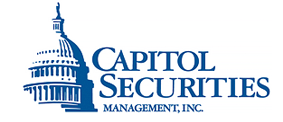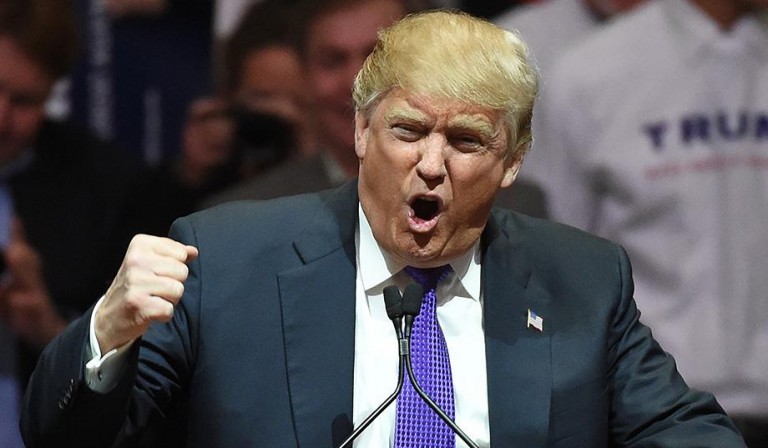By: Kent Engelke | Capitol Securities
Equities rose as FRB Chair Yellen signaled the Federal Reserve won’t rush to tighten monetary policy as inflation remains persistently below target. The dollar fell and oil advanced on reports of a decline in stockpiles. Treasuries declined nominally in yield.
In my view, there were no major surprises in Yellen’s testimony and in some regards deflected budding Wall Street attention from the President back to the Federal Reserve.
Commenting about oil, inventories fell about 3 times greater than expected, the largest amount since September. Total inventories are now less than 500 million barrels for the first time in many months. At current draw downs of around 8 million barrels a week, inventories would be at the 400 million barrel five-year average in about 12 weeks. Inventories at the largest hub are at the lowest since November 2015.
Has oil finally bottomed? Only history can answer this question. Estimates for American production were lowered for the first time since January, the result of the lack of infrastructure spending. Because of the global $2 trillion cuts in capital spending since 2014, the oil giant Halliburton states the worst is over and expects an oil spike by 2020.
In years past, such data coupled with OPEC’s calling for an “extraordinary meeting” to be held on July 17 would increase inflationary expectations; expectations which the FRB Chief stated are still low.
I ask is the complacency about inflation and benign oil prices misplaced? The current oil implosion is the greatest in a generation, an implosion that in many regards is a contributory factor as to why the stated inflation rate has remained low and is expected to remain relatively benign for the intermediate future.
It is against this juncture, however, that explains why I think the phrase: “Many times the most obvious conclusions are those that ignored” is appropriate.
Interest rates are still around record low levels. Monetary velocity is still hovering around the lowest level since 1959, but could perhaps be on the verge of turning higher because of the House’s repeal of Dodd Frank. Oil infrastructure cuts are at all-time highs.
What are the odds economic activity will accelerate at a pace greater than expected, the result of rising monetary velocity, causing stronger demand for oil just as the full impact of the massive infrastructure cuts are felt? I place the odds around 60%. How will such an environment impact inflationary expectations?
I reiterate a comment I made several weeks ago. Will August 2017 be the inverse of August 2008 when the Federal Reserve radically changed direction?
Today, several large financials post profits. Generally speaking, the financials underperformed yesterday because of Yellen’s comments. How will such be interpreted?
Last night the foreign markets were up. London was up 0.07%, Paris was up 0.65% and Frankfurt was up 0.20%. China was up 0.64%, Japan was up 0.01% and Hang Sang was up 1.16%.
The Dow should open nominally higher on Yellen’s dovish testimony. The 10-year is unchanged at a 2.32% yield.


















